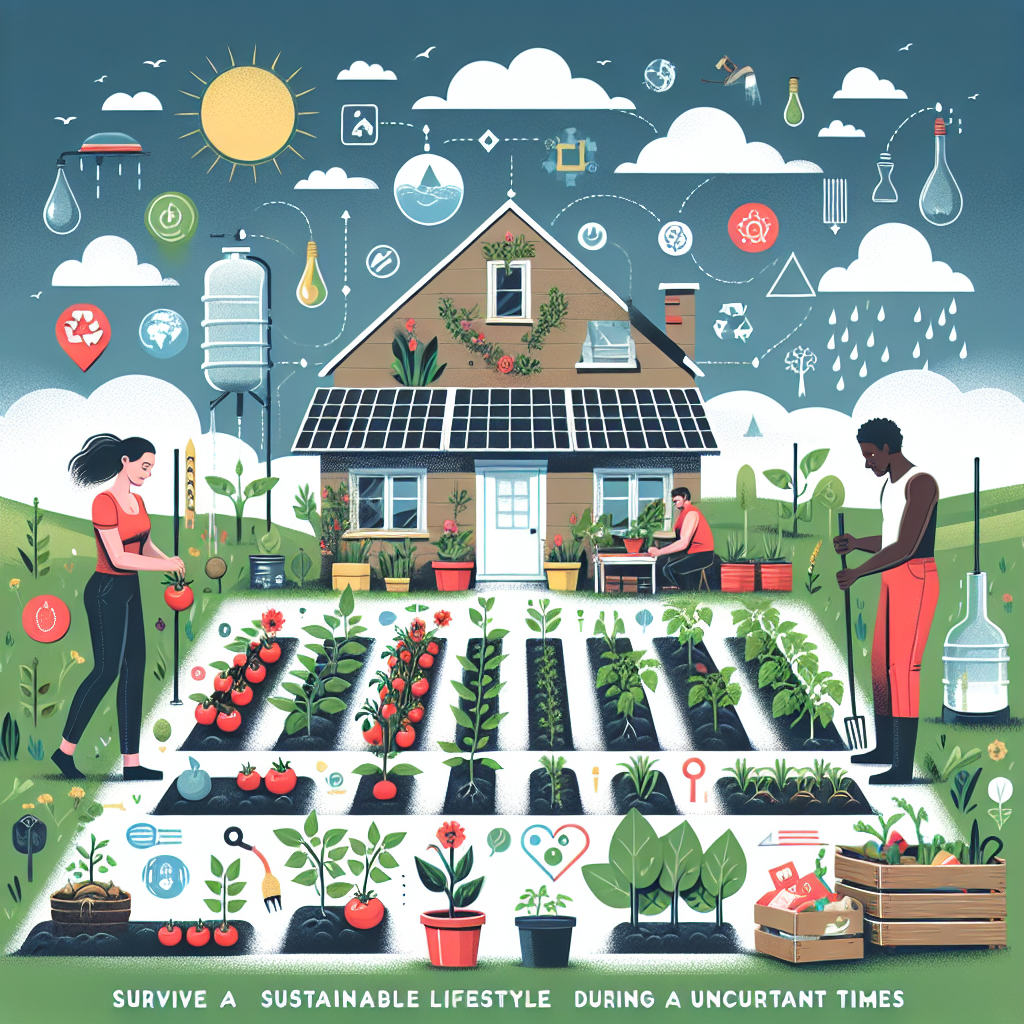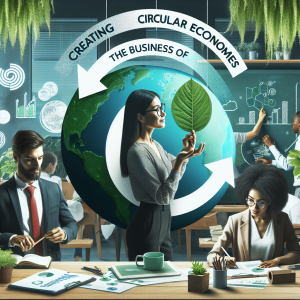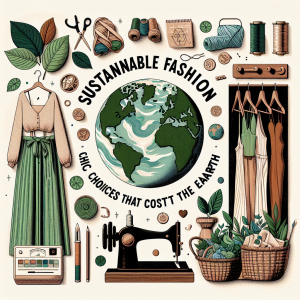Navigating the Challenges of Sustainable Agriculture
Sustainable agriculture is a concept that has gained significant traction in the last few decades, reflecting growing awareness of environmental challenges. As populations swell and urbanization increases, the relentless pressure on land resources has amplified the urgency for sustainable practices. Navigating the challenges associated with sustainable agriculture requires a multifaceted approach, addressing ecological, economic, and social components.
One of the primary challenges within sustainable agriculture is soil health. Over-dependence on chemical fertilizers and monoculture farming has led to soil degradation, distorting its natural composition and reducing fertility. To counteract this, crop rotation and polyculture have emerged as viable strategies. These methods not only diversify the types of crops grown but also naturally replenish soil nutrients. Furthermore, incorporating organic matter such as compost and green manure can enhance the microbial activity essential for maintaining soil vitality. Implementing permaculture principles further aligns with the objective of restoring soil health by emphasizing natural ecosystems’ self-sustaining patterns.
Water management is another critical issue in sustainable agriculture. Traditional agricultural practices often lead to excessive water usage and pollution. Innovative solutions like rainwater harvesting and drip irrigation provide enhanced efficiency in water management. Drip irrigation, in particular, ensures that minimal water is lost to evaporation, thereby conserving valuable resources. Additionally, the construction of ponds and reservoirs helps in capturing rainwater, which can later be utilized during dry spells. The integration of agroforestry systems, which combine trees and shrubs with crop and livestock farming, can aid in water retention and improve aquifer recharge rates.
Climate change poses an overarching challenge with its unpredictable weather patterns, affecting crop yields globally. Developing robust climate-resilient crops is indispensable for sustainable agriculture. Researchers are leveraging biotechnology to breed drought-resistant and pest-tolerant crop varieties. These genetically modified organisms (GMOs) offer a way to sustain food production despite climatic adversities. Moreover, farmers are increasingly relying on climate-smart agriculture (CSA) practices that focus on sustainability, productivity, and resilience. CSA encourages diversified farming systems that integrate various crops and livestock to reduce risks associated with climate impacts.
Pest and disease management remain formidable obstacles in achieving sustainability in agriculture. Conventional agriculture has relied heavily on chemical pesticides, which pose significant environmental and health risks. Integrated Pest Management (IPM) is a sustainable alternative that minimizes the use of harmful chemicals. IPM employs a combination of biological controls, such as natural predators, and cultural practices, such as crop rotation, to manage pest populations. The utilization of resistant crop varieties and fostering biodiversity within agricultural landscapes also deter pest outbreaks, maintaining ecological balance.
The socio-economic aspects of sustainable agriculture cannot be ignored. Smallholder farmers, especially in developing countries, often lack access to resources, technology, and knowledge, limiting their ability to adopt sustainable practices. Supportive policies that provide financial incentives and access to training programs are crucial in facilitating these transitions. Governments and international organizations must work collaboratively to offer subsidies and credits that encourage sustainable practices. Simultaneously, elevating community awareness through education can foster a culture of sustainability, ensuring that farmers recognize the long-term benefits of environmentally-friendly practices.
Technology plays a pivotal role in overcoming the challenges of sustainable agriculture. Precision agriculture, which utilizes data-driven techniques and technology such as GPS, IoT sensors, and drones, enhances decision-making on the farm. These technological advancements enable precise monitoring and management of crops, allowing farmers to apply inputs like fertilizers and water more efficiently. The technology not only maximizes productivity but minimizes environmental impact, illustrating a significant leap towards sustainable practices. Moreover, mobile and digital platforms have facilitated access to information and services, empowering farmers with knowledge about sustainable practices and market opportunities.
Despite the benefits of technology, equitable access remains a challenge. Bridging the digital divide is essential to ensure that technological solutions for sustainable agriculture are accessible to all farmers, irrespective of their geographic location or economic status. Partnerships between governments, private sectors, and non-profit organizations can provide crucial support in delivering these technologies to marginalized communities.
Food waste, another pressing issue, underscores the need for comprehensive strategies that span the entire food supply chain, from production to consumption. Innovative approaches such as improving storage facilities and expanding cold chain logistics can significantly reduce waste at the production level. Simultaneously, consumer education initiatives promoting awareness about food waste issues are essential. Encouraging practices like composting and community-supported agriculture (CSA) helps minimize food loss and promotes a circular economy model within communities.
Financial sustainability also presents a significant hurdle. Transitioning to sustainable agricultural practices may initially incur higher costs, posing challenges for farmers who operate on thin margins. Crafting fiscal policies that offer incentives for sustainable practices can ease this burden. Carbon credit schemes present an opportunity for farmers to receive financial rewards for adopting carbon-sequestering practices such as cover cropping and reduced tillage. These initiatives serve as economic motivators, making sustainable practices not only viable but attractive.
Lastly, international cooperation and policy frameworks are vital in shaping a sustainable future for agriculture. The global nature of environmental challenges underscores the need for cohesive and coordinated efforts across borders. Frameworks such as the United Nations’ Sustainable Development Goals provide a blueprint for aligning agricultural practices with environmental goals, facilitating collective action towards sustainability.
In summary, navigating the challenges of sustainable agriculture is a complex endeavor requiring holistic and synergistic approaches. By focusing on ecological, technological, and socio-economic dimensions, stakeholders across the agricultural spectrum can forge pathways towards a resilient and sustainable future. Emphasizing education, innovative technology, supportive policies, and international cooperation will transform challenges into opportunities for sustainable development in agriculture.



